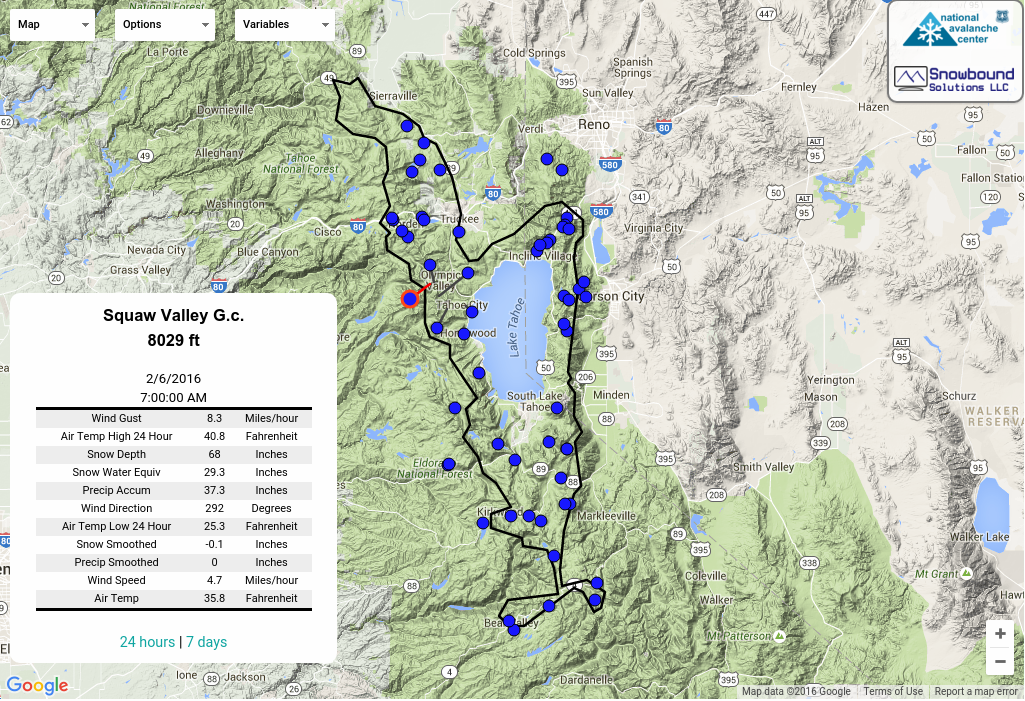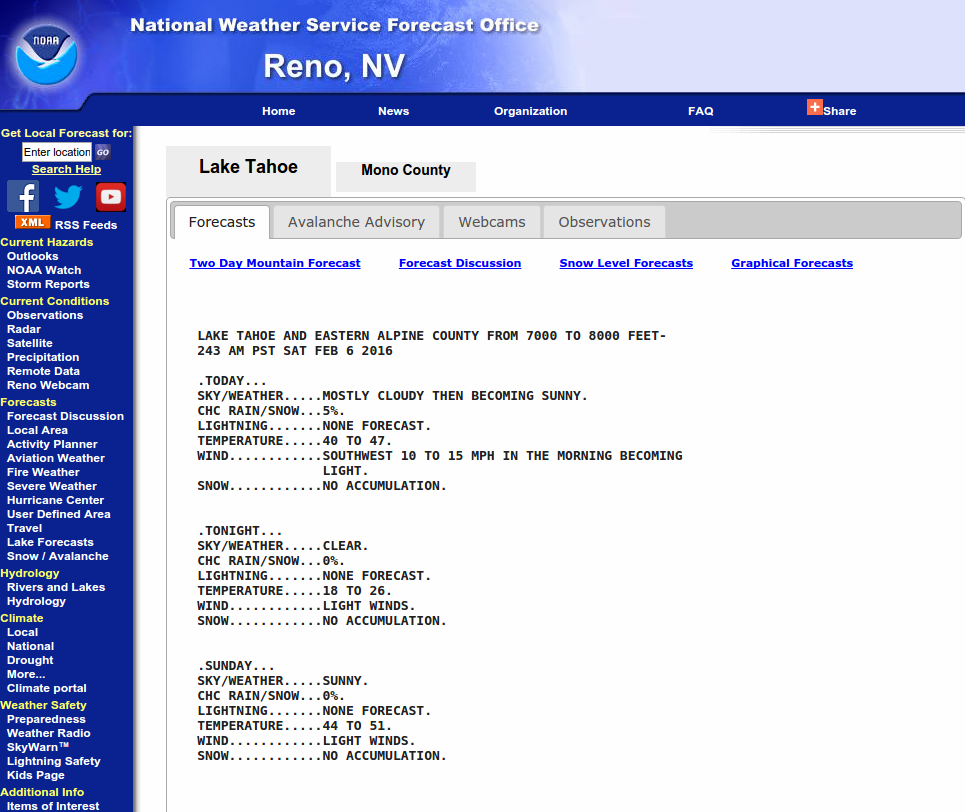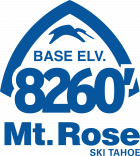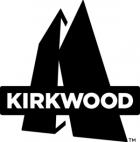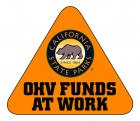
This Avalanche Advisory was published on February 22, 2011:

|
February 22, 2011 at 7:56 am |
|
Near and above treeline on slopes steeper than 35 degrees, MODERATE avalanche danger remains on wind-loaded N-NE-E aspects with pockets MODERATE danger on cross-loaded NW and SE aspects. Below treeline avalanche danger is LOW. Large human triggered avalanches remain possible. |
|
|
|
Forecast Discussion:
A period of clear, clam weather should continue over the forecast area through tomorrow with one storm system remaining well north of the region and one well east of CA. Temperatures should remain cool with forecasted highs in the 20's and maybe low 30's below 8000 ft for today and tomorrow. Overnights lows should fall into the teens. By tomorrow the winds should start to shift back to the southwest and increase as another low pressure begins to approach the forecast area from the north (more information).
Yesterday on Castle Peak, skiers triggered another avalanche on a steep, wind-loaded, N-NE-facing, above treeline slope by intentionally cutting a large cornice and dropping it onto the slope below. These skiers also observed at least two other slides resulting from natural cornice failure that had released before they arrived. These natural slides most likely occurred during Sunday night (more info and photos). Another similar avalanche resulting from cornice failure that most likely occurred Sunday night or early Monday morning existed on the far east ridge of Tamarack Peak in the Mt. Rose backcountry. Details about whether or not this slide resulted from natural or un-natural cornice failure and its size remain unknown. Farther south on Job's Peak, stability tests and observations showed mostly stable snow below treeline and in wind protected areas. In more wind-affected terrain, widespread but irregular and discontinuous wind slabs existed. Handpits also showed the density change that has served as a weak layer over the last several days still exists. Tests on this weak layer continued to show a gradual strengthening trend (more info and photos). Several older avalanches also had occurred in this area on steep, wind-loaded slopes (more info and photos). On Ladybug Peak in the Verdi Range mostly stable snow existed with a variety of surface conditions ranging from wind-scoured surfaces to sun crusts to soft unconsolidated snow (more info and photos).
Primary Avalanche Concern: Wind Slabs
Decreasing winds over the last 24 hours, light winds today, and slightly warmer temperatures will all help the recent snow settle and consolidate. As the snowpack strengthens, avalanches should become more difficult to trigger. However, human-triggered avalanches will remain possible today on steep, wind-loaded slopes. Larger triggers like the tender cornices looming above many wind-loaded slopes and multiple people on a slope will have better chances of causing avalanche activity. The wind-loaded N-NE-E and cross-loaded NW-SE aspects near and above treeline hold the best potential for these types of avalanches. Wind-affected slopes in complex or extreme terrain at any elevation could also still hold areas of unstable snow. If these wind slabs do fail, they could result in large, deep, and destructive avalanches. Any instabilities that remain will lurk within areas of seemingly stable stable snow. Conservative decision making and careful snowpack evaluation on a slope by slope basis are needed for safe travel in avalanche terrain.
The bottom line:
Near and above treeline on slopes steeper than 35 degrees, MODERATE avalanche danger remains on wind-loaded N-NE-E aspects with pockets MODERATE danger on cross-loaded NW and SE aspects. Below treeline avalanche danger is LOW. Large human triggered avalanches remain possible.
Weather Observations from along the Sierra Crest between 8200 ft and 8800 ft:
| 0600 temperature: | 8-12 deg. F. |
| Max. temperature in the last 24 hours: | 21-27 deg. F. |
| Average wind direction during the last 24 hours: | West Southwest |
| Average wind speed during the last 24 hours: | 15-20 mph |
| Maximum wind gust in the last 24 hours: | 35 mph |
| New snowfall in the last 24 hours: | O inches |
| Total snow depth: | 88-118 inches |
Two-Day Mountain Weather Forecast - Produced in partnership with the Reno NWS
For 7000-8000 ft: |
|||
| Tuesday: | Tuesday Night: | Wednesday: | |
| Weather: | Sunny | Partly cloudy | Mostly cloudy |
| Temperatures: | 26-34 deg. F. | 13-21 deg. F. | 24-32 deg. F. |
| Wind direction: | West | Southwest | Southwest |
| Wind speed: | around 10 mph | 10-15 mph with gusts to 25 mph after midnight | 10-15 mph with gusts to 35 mph increasing to 15-25 mph with gusts to 40 mph in the afternoon |
| Expected snowfall: | O in. | O in. | O in. |
For 8000-9000 ft: |
|||
| Tuesday: | Tuesday Night: | Wednesday: | |
| Weather: | Sunny | Partly cloudy | Mostly cloudy |
| Temperatures: | 21-28 deg. F. | 16-26 deg. F. | 16-26 deg. F. |
| Wind direction: | West | West | Southwest |
| Wind speed: | around 10 mph | 10-15 mph with gusts to 25 mph | 20-30 mph with gusts to 40 mph increasing to 30-40 mph with gusts to 55 mph in the afternoon |
| Expected snowfall: | O in. | O in. | O in. |

